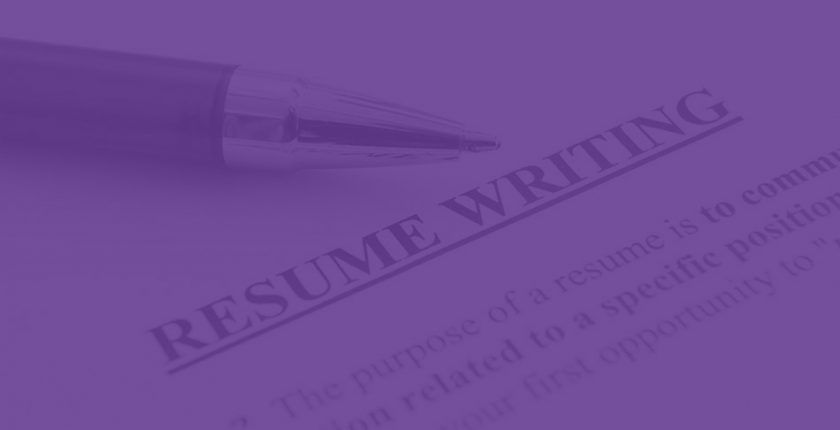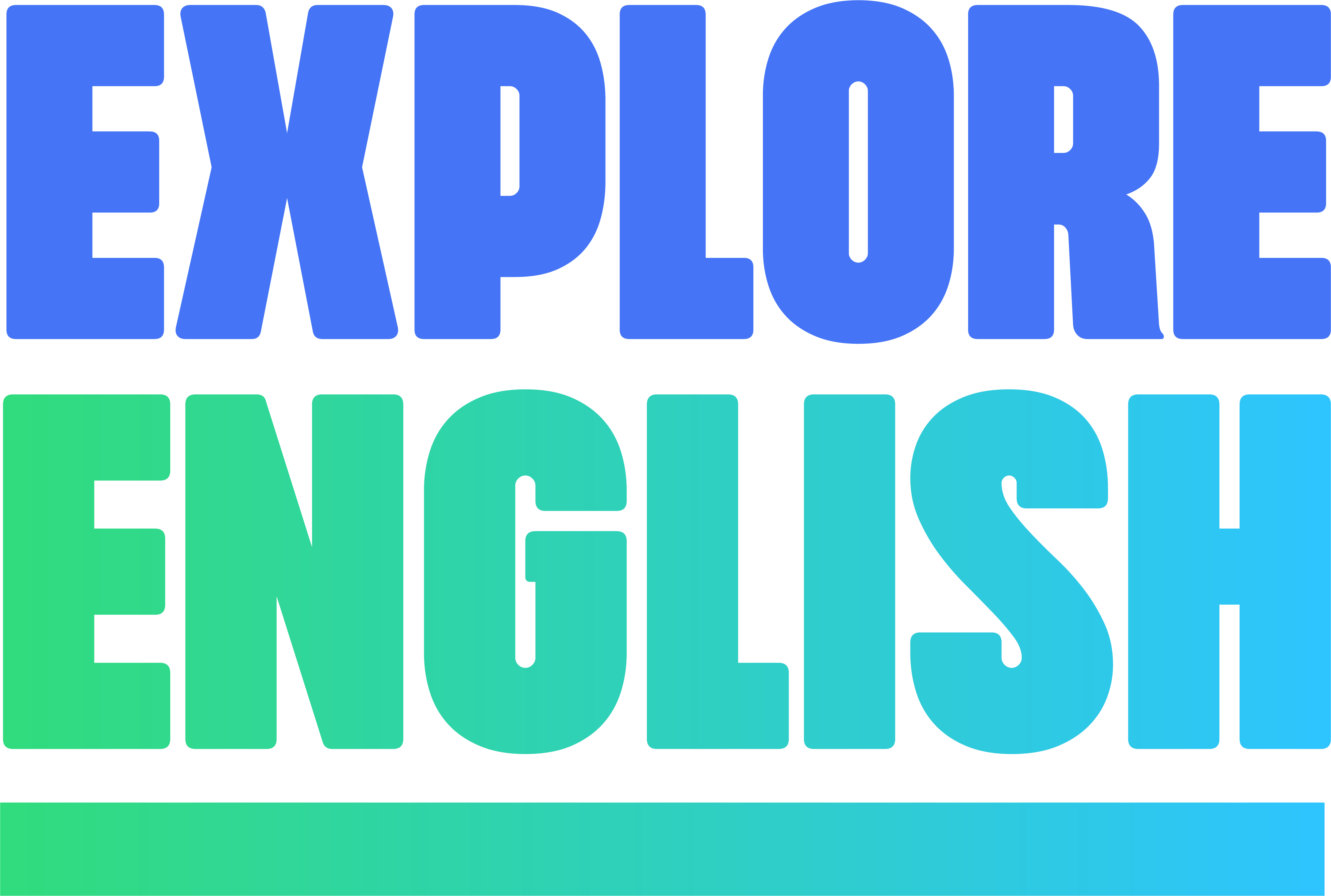Blog
How to Write a CV & Tips
- 5 August 2015
- Posted by: Amy
- Category: Resume Management Study English Time Management
No Comments

Article by Jason Bishara
There are two things that stand between you and a potential job. They are your CV and the dreaded interview. You might have all the necessary skills and the right attitude, but unless you can channel that into a presentable and professional manner, your chances of getting the job you want drop dramatically.
It makes sense then, given the importance of these two things, to spend some time understanding them. To get you started, here a few ideas on how to get the most out your CV, and how to prepare for a successful interview.
How to Write a CV
- The length of your CV should aim to cover 2 pages and no more than 3-4 pages
- The CV will provide a database of skills, experience and achievements from which you should select material to reflect the requirements of the specific post
- Always put the most important matching points first, even if they are less important in terms of your present job, or were skills or achievements that go back some time
- A CV should begin with a short summary of who you are. Make sure the CV is objective and avoid all the subjective clichés such as ‘excellent self-starter’, ‘good team player’, ‘natural leader’ and ‘good communicator’. These qualities can be demonstrated through your tangible achievements which follow in the CV
- Remember that your CV will form part of the script for the interviewer’s questions
- Do not allow gaps or unclear explanations to take up the precious time allotted to you so, try to neatly match their requirements
- A CV should also give some idea of your future potential. If you are presently studying for an additional qualification, say so
Tips for Presenting for an Interview
Here are three quick tips to help you prepare for an interview:
1. Research your potential employer
What is their mission? How does it distinguish itself from others working on similar issues or with similar clientele? What is the geographic scope of the organization? How is it funded? What buzz words do you notice when you read the organization’s website?
2. Type up talking points
Figure out how to answer common interview questions. Here is a sample of questions you might be asked:
- Tell me about yourself?
- Why do you want to work for our organization?
- Why do you want this position?
- What are your strengths and weaknesses?
- Can you tell us about a time you used the skills necessary in this position?
3. Prepare your own questions
Sometimes an employer will want to hear your questions and see that you’re actively engaged in learning more about the organization and position.
- When you research the organization and position, write down unanswered questions that arise for you and ask them during the interview
- Ask about the context and history of the position, what daily tasks and activities are involved, how the position is managed, what the rest of the hiring process looks like, and anything else you’re curious about
These tips are only the beginning. The more time you spend in preparing and understanding the importance of the CV and the interview process, the better chance you will have of getting the job.
Good luck!

